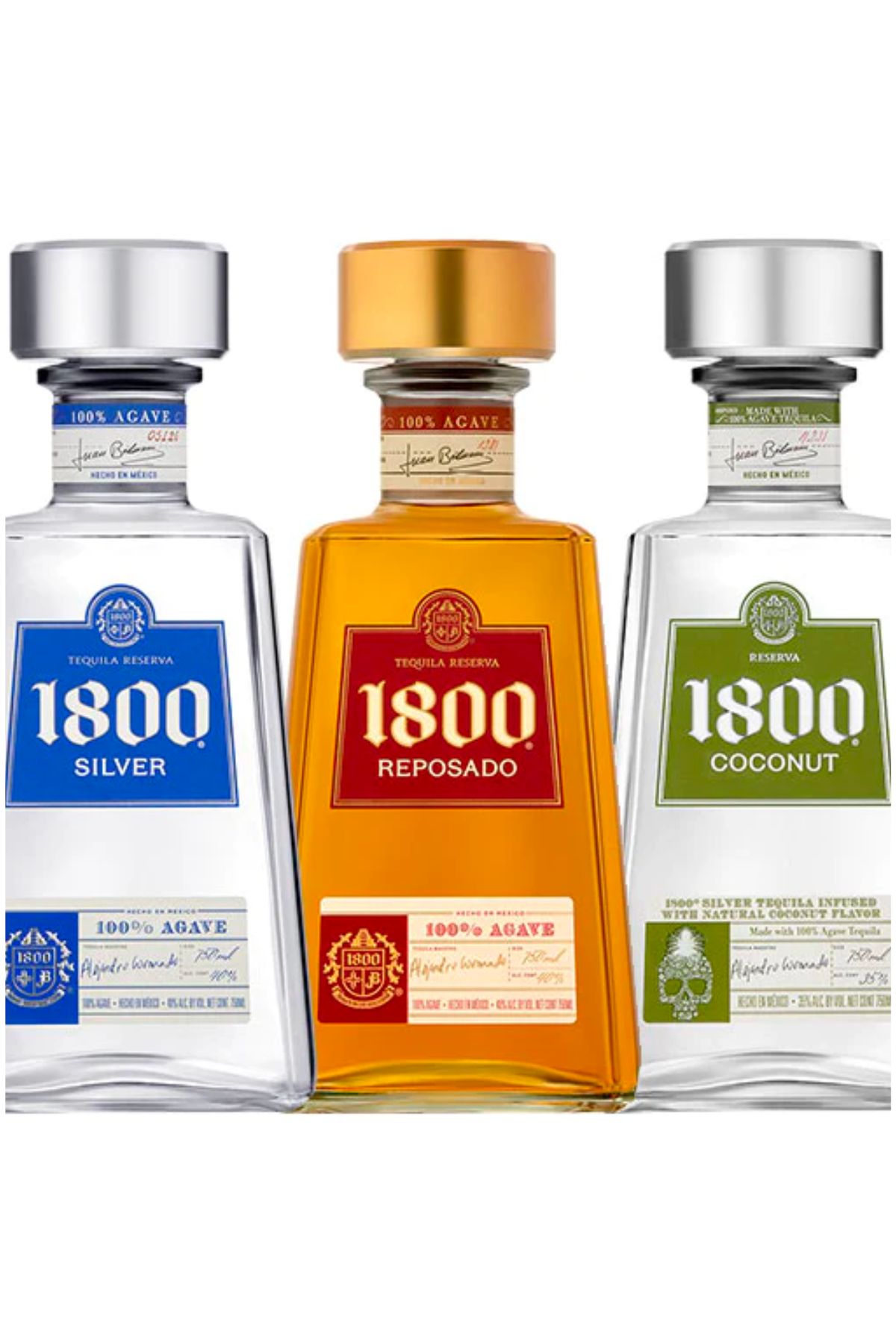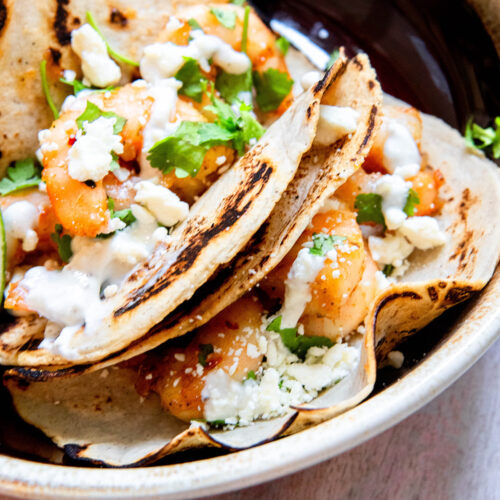If you have Celiac Disease or a gluten intolerant, you may be wondering what drinks are safe. In this post we address the question “is 1800 tequila gluten free?“

what is tequila made from
Tequila is a distilled alcoholic beverage that originates from Mexico, specifically from the region surrounding the city of Tequila in the state of Jalisco. It is made from the blue agave plant (Agave tequilana), which is native to Mexico and is a member of the agave plant family.
The production process of making tequila involves several steps:
- Harvesting: The blue agave plant takes around 8 to 12 years to mature before it is ready for harvest. At this stage, the plant’s core, known as the “piña” or “heart,” is rich in sugars, which are essential for tequila production.
- Cooking: After harvesting, the piñas are cooked to convert the starches into fermentable sugars. Traditionally, they were cooked in large ovens called “hornos,” but modern production often uses autoclaves. The cooking method can affect the final flavor of the tequila.
- Crushing and Juicing: Once cooked, the piñas are crushed to extract the juice, which is called “aguamiel” or “honey water.” The juice is the base for the fermentation process.
- Fermentation: The extracted juice is then fermented with the help of yeast to convert the sugars into alcohol. The fermentation process can take several days, and the resulting liquid is a low-alcohol beverage called “tepache.”
- Distillation: The tepache is distilled at least twice in copper stills to increase the alcohol content and remove impurities. The distillation process helps to create the distinct characteristics and flavors of tequila.
- Aging (optional): Some tequilas are aged in oak barrels to enhance their flavors and colors. The aging process can vary from a few months to several years, and the length of aging can be a factor in determining the type of tequila (e.g., blanco, reposado, añejo).
- Bottling: After the aging process (if applicable), the tequila is typically diluted to the desired alcohol by volume (ABV) and then bottled for sale and consumption.
It’s important to note that for a spirit to be called “tequila,” it must meet specific regulations set by the Mexican government. This includes being produced in designated regions of Mexico, primarily in the state of Jalisco, and meeting certain production standards outlined by the Tequila Regulatory Council (CRT). Tequila is a protected designation of origin (PDO) product, which means it must adhere to strict criteria to be labeled as such.
Is 1800 tequila gluten free?
While it is not directly labeled gluten free, because it is a distilled tequila that is only made from blue agave, it is considered safe.
1800 (the brand of tequila) offers different types of tequila with additional flavors. Make sure it is a safe gluten-free option by always reading the label.
Gluten Free Tequila Companies
If you cannot find 1800 tequila, good news is that there is so much good tequila and brands that offer gluten-free tequila. Here are some gluten free tequila brands:
jose cuervo gold tequila
Patron Tequila
hzerradura tequila
Sauza Tequila
Don Julio Tequila
Reposado tequila
Jose Cuervo tequila
Cazadores tequilas
Companies that make tequila the traditional way and use blue weber agave (or make blue agave tequila) are almost always going to be pure tequila and therefore will be gluten free alcoholic beverages. Mixto tequila is when the tequila is made of 51% blue agave and is usually also gluten free. Tequila is usually a safe choice are there are not gluten-containing products in the final product. Always be sure to check ingredients list for artificial flavors, the possibility of gluten cross-contamination, and the presence of gluten.
what is celiac disease and gluten sensitivity?
Celiac disease and gluten sensitivity are both conditions related to the consumption of gluten, a protein found in wheat, barley, rye, and their derivatives.
- Celiac Disease:Celiac disease is an autoimmune disorder in which the immune system reacts abnormally to gluten. When individuals with celiac disease consume gluten, it triggers an immune response that damages the lining of the small intestine. This damage prevents the proper absorption of nutrients from food, leading to various health issues and nutritional deficiencies.
Symptoms of celiac disease can vary widely and may include gastrointestinal problems such as diarrhea, constipation, abdominal pain, and bloating. However, celiac disease can also manifest with non-gastrointestinal symptoms, like fatigue, anemia, skin rashes, joint pain, and neurological issues.
Treatment for celiac disease involves a strict gluten-free diet for life. By eliminating gluten from their diet, individuals with celiac disease can alleviate symptoms and allow their small intestine to heal. Consuming even tiny amounts of gluten can trigger a reaction in people with celiac disease, so they need to be vigilant about avoiding all sources of gluten in their food and medications.
- Gluten Sensitivity (Non-Celiac Gluten Sensitivity):Gluten sensitivity, also known as non-celiac gluten sensitivity (NCGS), is a condition where individuals experience symptoms similar to those of celiac disease when they consume gluten, but without the characteristic autoimmune response or damage to the small intestine.
The exact cause of gluten sensitivity is not fully understood, and there are no specific diagnostic tests for it like there are for celiac disease. The symptoms of gluten sensitivity can be similar to those of celiac disease and may include gastrointestinal issues, fatigue, headaches, joint pain, and mood disturbances.
Unlike celiac disease, gluten sensitivity does not involve an autoimmune response, and there is no damage to the small intestine. However, people with gluten sensitivity find relief from their symptoms by following a gluten-free diet.
It’s important to note that gluten sensitivity is a controversial topic, and some experts believe that it may not be solely triggered by gluten but could be due to other components in wheat or a combination of factors. Nonetheless, for those who experience symptoms after consuming gluten, a gluten-free diet is the most effective approach to manage their condition.
If someone suspects they have celiac disease or gluten sensitivity, it’s essential to seek medical advice and get tested for celiac disease before starting a gluten-free diet. This is because once gluten is removed from the diet, the diagnostic tests for celiac disease become less reliable. A healthcare professional can help make an accurate diagnosis and guide individuals on the appropriate dietary management.
what is 1800 tequila?
1800 Tequila is a brand of premium tequila produced in Mexico. It is named after the year 1800, which is the year tequila was first aged in oak barrels. The tequila is owned by the multinational beverage company Brown-Forman Corporation, known for its other popular brands like Jack Daniel’s and Woodford Reserve.
1800 Tequila is made using 100% blue agave, the same plant used to produce traditional tequila. The agave plants are harvested and the piñas (the core of the agave) are cooked to convert the starches into fermentable sugars. After cooking, the juice is extracted, fermented, and then distilled in copper stills to create a high-quality tequila with a smooth and distinct taste.
The brand offers several different expressions of tequila, each with its own aging and flavor profile:
- 1800 Silver (also known as Blanco): This is the unaged or “silver” tequila, clear in appearance, and known for its crisp and vibrant agave flavor.
- 1800 Reposado: Aged for a minimum of six months in oak barrels, this tequila is mellower than the silver variety, with notes of oak and a smoother taste.
- 1800 Añejo: Aged for at least three years in oak barrels, the añejo tequila has a rich amber color and a more complex flavor profile, with hints of caramel, vanilla, and spice.
- 1800 Coconut: A flavored tequila variant infused with natural coconut flavor, offering a tropical twist on traditional tequila.
- 1800 Cristalino: This tequila undergoes a unique aging process where it is aged in oak barrels, and then filtered to remove the color while retaining the smoothness and complexity of an aged tequila.
1800 Tequila is often enjoyed neat, on the rocks, or used as a premium base for cocktails. It is known for its high-quality and smooth taste, making it a popular choice for tequila enthusiasts and cocktail aficionados alike.
so, is 1800 tequila gluten free?
Yes! Please remember to always check the label as companies can change their recipes or add ingredients. As always, if you plan to drink, please drink responsibly.
LEAVE A RATING AND REVIEW!
Did you find this helpful? If you did, let me know! And let others know too by leaving a comment and star rating. Reviews are incredibly useful in helping other people find my site and make my recipes. Thank you so much!
Laura





Leave a Reply